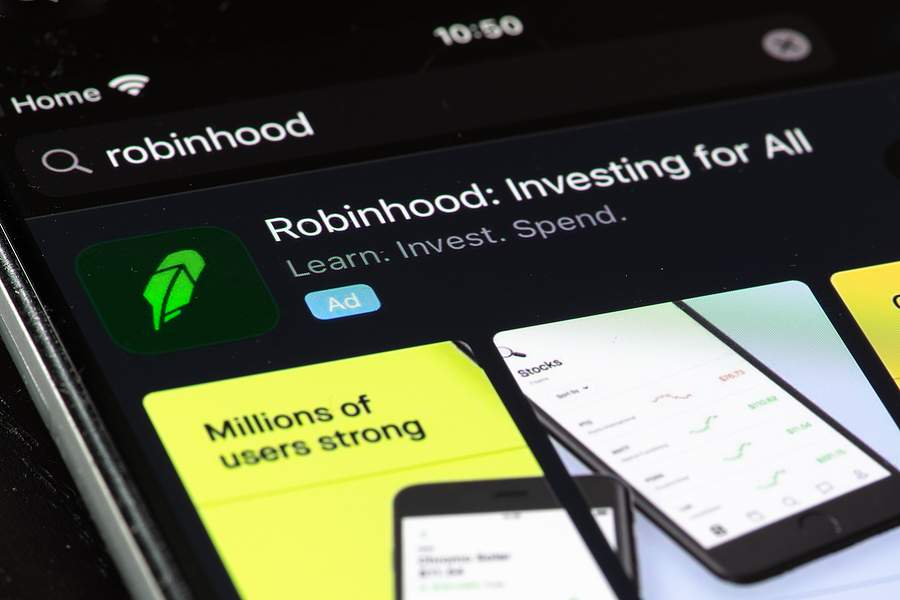
[author: Nick Claassen]
In July 2025, Robinhood launched a new product in the European Union designed to give investors exposure to privately-traded U.S. companies through tokenized financial synthetics. The offering is part of Robinhood’s effort to attractTradFi investment into crypto, and accompanied the announcement at Cannes of its wider rollout of tokenized public stocks and Exchange Traded Fund (ETFs) on the Arbitrum blockchain. The private-company tokens have been initially limited toOpenAI and SpaceX, with plans to expand to “thousands of private companies on the platform, accessible to retail” according to Robinhood’s CEO, Vladimir Tenev.
While the new offering is a significant development for the industry, there is good reason to be skeptical of a broader rollout in the near future. Robinhood’s private-company tokens, if made available to U.S. investors, would almost certainly run afoul of U.S. securities registration and resale laws, including the Howey test for classification of investment contracts. As a result, the tokens are currently available only to European Union (EU) residents physically located in the EU, and require Know Your Customer (KYC) verification through Robinhood’s EU crypto platform. Even so, the Bank of Lithuania, which is currently Robinhood’s primary EU regulator, has scrutinized the offering and Robinhood’s related customer disclosures.
On the commercial end, the offering shave already faced public pushback from both OpenAI and SpaceX. Unlike traditional equities, the tokens holders receive no voting rights or direct ownership in the underlying company.Instead, Robinhood has structured the offering through a special purpose vehicle (SPV) that holds the private shares, while token holders receive derivative or synthetic exposure through the token. Shortly after Robinhood’s announcement, OpenAI’s Newsroom publicly stated “These ‘OpenAI tokens’ are notOpenAI equity. We did not partner with Robinhood, were not involved in this, and do not endorse it. Any transfer of OpenAI equity requires our approval—we did not approve any transfer. Please be careful.”
For now, Robinhood’s private company tokens - and its broader push into tokenized stock and ETFs - represent innovative structuring and exciting new products, but investors should tread carefully as markets and regulators assess these new asset classes.
https://decrypt.co/329075/robinhood-ceo-thousands-private-companies-tokenized
https://www.nasdaq.com/articles/robinhood-tokenized-stocks-face-scrutiny-lithuania-central-bank
https://x.com/OpenAINewsroom/status/1940502391037874606